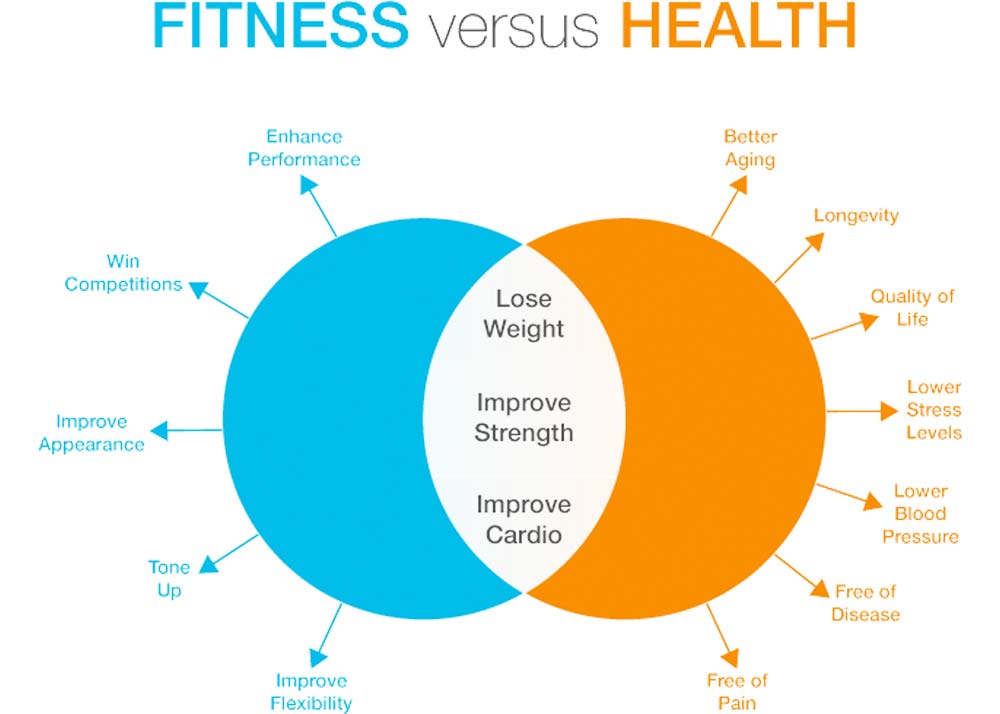INTRODUCTION:
The use of wearable technology is almost clichéd among people who are keen on fitness, especially the acquisition of fitness trackers. They have devices that can measure your heart rate, count how many steps you have taken, track your sleeping pattern, and even monitor stress levels. It goes without saying that they are a draw. But do such fitness-oriented devices have proved health benefits, or are they simply another gadget for a health-focused individual?
The Advantages of Fitness Trackers: Encouragement and Understanding
Probably one of the most important strengths of fitness trackers is their power to encourage the users. For instance, wearables set up daily goals like walking for 10,000 steps and there is always a feeling of satisfaction when the targets are achieved. This understanding of health as gaming can in turn urge the users to engage much more physical activities in their daily lives.
Fitness trackers also provide real-time feedback. There are other metrics such as heart rates, which are recorded while exercising and also the quality of sleep, which gives the user a better picture of their habits. Such awareness often ends up resulting in better choices such as having the extra walk or even considering sleep as an important activity.
The Limitations: Are Fitness Trackers Enough?
Fitness bracelets come with their own merits and demerits, and while they might be strong motivators to the users, they are not a cure for health problems. Research indicates that a large percentage of people who purchase gadgets end up not using them for the purpose they were purchased after a while, due to either boredom or lack of visible changes.
Moreover, behavior change cannot be expected with mere use of a tracker; there are people who want to wear the device but do not want to use the information for any behavior change.
In terms of accuracy, it’s yet another problem.
Even if wearables have improved considerably, they may still come with differences in step count, calories burn estimate and heart rates. Such inaccuracy might help people thinking about the device as not reliable, thus its effectiveness is reduced.

Enhancing the Impact of Fitness Wearables
Action needs to be taken on the part of the users, as simply using the fitness trackers is not enough if better health is to be achieved. In addition, improving the effects may require combining wearable results with the advice of a health specialist such as a personal trainer or a nutritionist. Understanding limitations in the field and establishing a practice of goal setting and regular reporting on progress to users helps in keeping the users motivated over a longer period.
In addition, manufacturers can play their part by enhancing the accuracy of data and bringing in modern capabilities such as AI-powered health summary. Encouraging users to connect their trackers to other healthcare applications such as telehealth systems can assist in the overall health fitness management.
Final verdict: it is a step towards the right direction
Fitness bands have the ability to make people more active and healthy due to their ability to raise clinical awareness. Nonetheless, some users will find ways to put the data into consistent use, while others will not. While fitness trackers have limitations, they can be embraced in the fitness regime and will act together with other strategies to enhance fitness.



You must be logged in to post a comment.